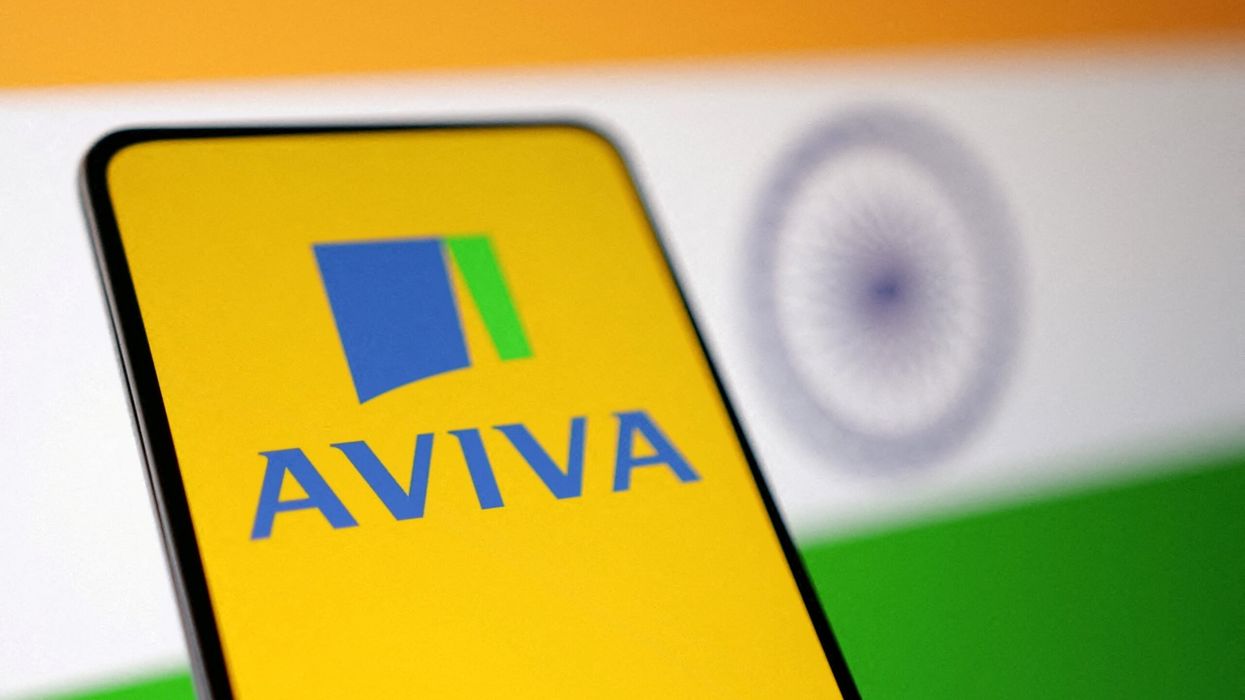AN INDIAN tax agency has accused British insurer Aviva of violating local regulations by using fake invoices and secret cash payments to bypass limits on commissions to sales agents, according to a notice reviewed by Reuters.
The notice, dated 3 August, states that Aviva's India operations paid around £19.7 million between 2017 and 2023 to entities that were supposed to provide marketing and training services. However, the Directorate General of GST Intelligence claims these vendors were merely fronts for channeling funds to Aviva's agents without performing any actual work.
"Aviva and its officials have engaged in a deep-rooted conspiracy, using fake invoices without receiving services to pass on funds to insurance distributors of Aviva," the notice alleges.
Reuters is reporting on the details of the notice, which has not been made public, for the first time. These "show cause" notices generally require companies to justify why authorities should not impose penalties for the alleged actions.
The case is part of a larger investigation into over a dozen Indian insurers suspected of evading £461 million in taxes, interest, and penalties. Aviva is accused of using approximately £19.7 million in fake invoices to improperly claim tax credits, allegedly evading £3.9 million in taxes.
A spokesperson for Aviva in the UK declined to comment on the matter, stating, "We do not comment on speculation or ongoing legal matters." Aviva's Indian operations did not respond to requests for comment. However, a person familiar with the matter told Reuters that the company intends to challenge the notice's allegations but has not yet done so.
The 205-page report includes evidence such as emails and WhatsApp messages between Aviva executives and insurance distributors discussing ways to circumvent compensation regulations. It also contains summaries of interviews with executives like Aviva India CFO Sonali Athalye, who described the payments.
Former Aviva India CEO Trevor Bull was copied on a 2019 email discussing payments that exceeded regulatory limits, which investigators say indicates that Aviva's senior management was aware of these practices.
The company is facing potential penalties of around £8.3 million, approximately equivalent to its 2023 profit from life insurance sales in India.
Aviva's India business, run as a joint venture with Dabur Invest Corp, is accused of engaging in these practices to gain more business and market share. The company owns 74 per cent of the joint venture after increasing its stake from 49 per cent in 2022. Dabur did not respond to questions from Reuters.
India, although a smaller market for Aviva, is considered a growth area. The company faces stiff competition from state-run LIC, which controls about two-thirds of the market.
Emails obtained by investigators showed Aviva officials referring to payments above regulatory limits as "ORC," which CFO Athalye explained stood for "Over Ride Commission." This term was reportedly used interchangeably with marketing and sales promotion expenses. Vendors who issued fake invoices were reportedly given a 5 per cent cut of the billed amount.
One email from November 2022 revealed that Aviva paid 17 per cent commission in accordance with the rules but committed to a total payout of 75 per cent by using invoices from marketing and advertisement vendors.
Aviva also reportedly hired 559 "agent mentors" who were supposed to train sales agents. However, these roles were allegedly a cover for issuing fake invoices to facilitate additional commissions. In one case, an agent's sister was appointed as an agent mentor without performing any work.
Aviva officials also reportedly facilitated payments by sending photos of 10-rupee bills to both vendors and insurance agents, who then used these photos to collect their excess commissions in cash.
(Reuters)




